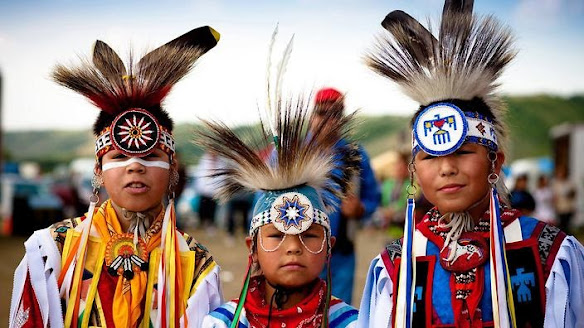Canada's history is rich and complex, spanning thousands of years. Here is a brief overview of key milestones and periods in Canadian history:
Indigenous Peoples: Canada's history begins with the presence of Indigenous peoples, who have inhabited the land for thousands of years. They developed diverse cultures, languages, and societies, with distinct nations such as the Inuit, First Nations, and Métis.
European Exploration and Colonization: European exploration of Canada began in the late 15th century, with John Cabot's arrival in Newfoundland in 1497. French explorer Jacques Cartier made several voyages in the early 16th century, claiming parts of Canada for France. The British also established colonies, notably Jamestown in 1607 and the Hudson's Bay Company in 1670.
French and British Rivalry: The 17th and 18th centuries witnessed intense rivalry between France and Britain over control of North America. The French established settlements such as Quebec and Montreal, primarily focused on the fur trade. The British, however, gradually gained control through military conflicts, culminating in the Battle of the Plains of Abraham in 1759.
British Rule and Confederation: Following the Treaty of Paris in 1763, which ended the Seven Years' War, New France came under British control. The British government passed the Quebec Act in 1774, which recognized the rights of French-speaking Canadians. In 1867, the Dominion of Canada was established through Confederation, uniting four provinces: Ontario, Quebec, New Brunswick, and Nova Scotia.
Westward Expansion and Indigenous Relations: Throughout the late 19th and early 20th centuries, Canada expanded westward, acquiring territories and provinces. This expansion, however, had profound impacts on Indigenous peoples, as their lands were increasingly encroached upon and their rights disregarded.
World Wars and Nation-Building: Canada played significant roles in both World War I and World War II, contributing troops, resources, and support to the Allied efforts. These wars helped shape Canada's national identity and led to increased autonomy and recognition on the world stage.
Social and Political Changes: The 20th century witnessed significant social and political changes in Canada. This included women's suffrage, social welfare reforms, the Quiet Revolution in Quebec, and the push for greater Indigenous rights and self-determination.
Multiculturalism and Official Bilingualism: In the late 20th century, Canada embraced multiculturalism as an official policy, recognizing and celebrating its diverse cultural heritage. Canada is also officially bilingual, recognizing both English and French as national languages.
Contemporary Canada: Canada continues to evolve as a modern nation, focusing on social progress, inclusivity, and reconciliation with Indigenous peoples. It is known for its universal healthcare system, commitment to peacekeeping, natural resource wealth, and diverse cultural expressions.
This brief overview highlights some key aspects of Canada's history, but it is by no means comprehensive. Canada's history is multifaceted and reflects the contributions and struggles of various communities and individuals who have shaped the nation we know today.


Comentarios
Publicar un comentario